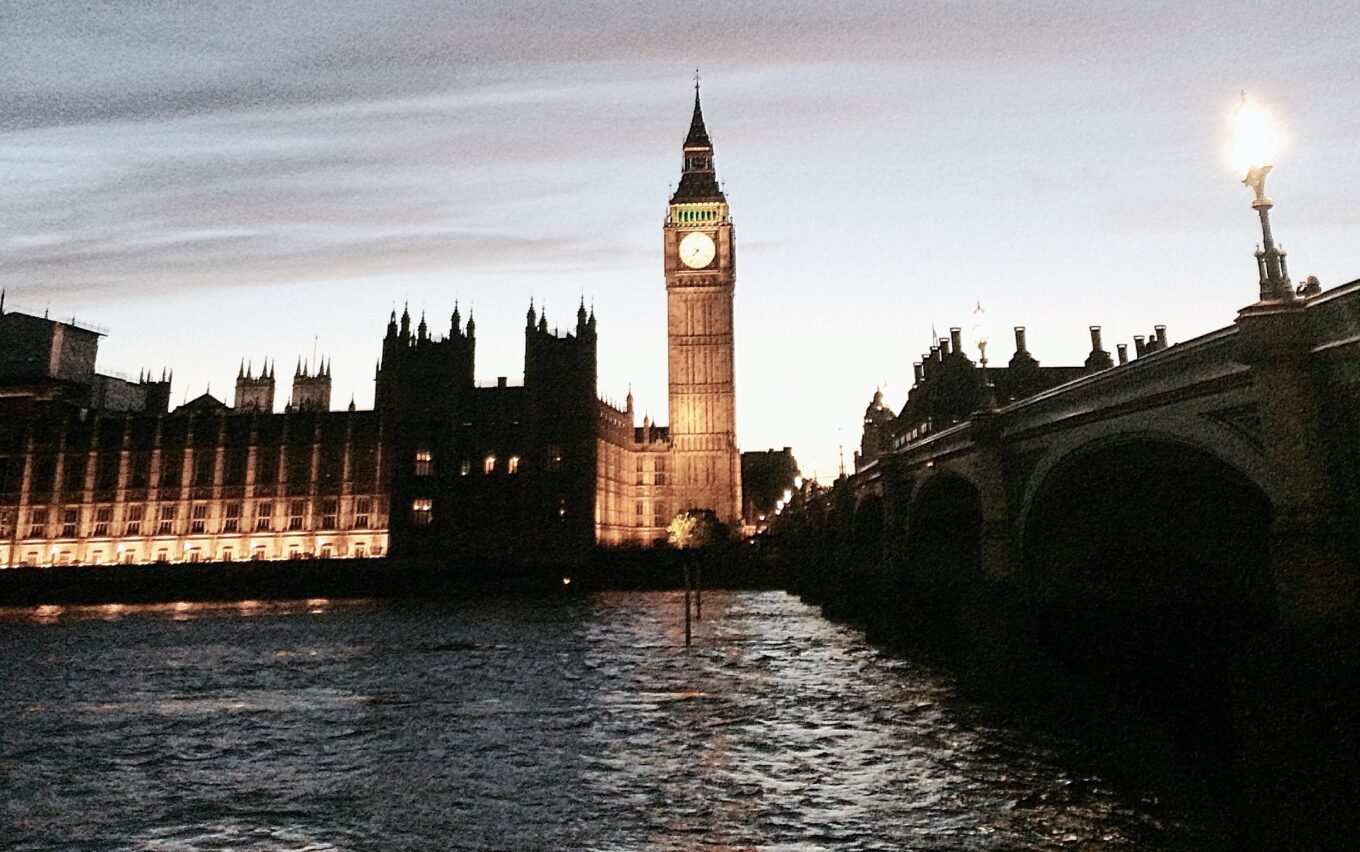Spring Statement 2022: Britain’s feeling the squeeze

Times are only going to get tougher.
Prior to the Spring Statement, the Office for Budget Responsibility (OBR) said that already-squeezed living standards in Britain are expected to fall at the fastest annual rate since the mid-1950s.
Faced with rapidly rising inflation, weakening economic growth and increasing uncertainty in the context of the war in Ukraine, this Spring Statement was perhaps always going to underwhelm. Chancellor Rishi Sunak himself has been open that he cannot fix every problem. He certainly did not try to.
In a significant change of gear from that displayed in the “whatever it takes” pandemic era, the Chancellor chose to take a more traditional Conservative approach with the 2022 Spring Statement, restoring a firm commitment to fiscal rules and burnishing his personal credentials as a tax-cutting Conservative.
Doing so may win him plaudits from his own side, and potentially shore up traditional electoral support, but it also might disappoint a wider electoral demographic increasingly accustomed to big state intervention.
Undoubtedly the priority today was to help working families struggling with the rising cost of living, with the significant National Insurance threshold increase, and 5p fuel duty reduction likely to be welcome and deliver immediate benefits.
The scrapping of VAT from energy efficiency measures is more likely to benefit wealthier Tory voters than those struggling with energy bills now. The more targeted, Household Support Fund increase, was met by cries of “is that it?!” from the opposite benches, and the basic income tax cut promised for 2024 had more of an eye on the next General Election than delivering real help now. At the same time, the 1.25% Health and Social Care National Insurance levy was maintained, albeit tempered by the threshold increase.
Sunak, meanwhile, expressed a desire for a more productive and innovative economy, but practical support for businesses was largely deferred to the Autumn Budget. Here Sunak signalled important decisions ahead affecting ‘People’ (incentives to invest in technical skills and changes to use of the apprenticeship levy), ‘Ideas’ (new R&D incentives) and ‘Capital’ (tax breaks on capital investments beyond the super-deduction).
Finally, there was surprisingly little on the much-hyped post-Brexit economic “big bets”, the government’s “levelling up” ambition and the net-zero transition, perhaps reflecting the mounting political pressure of having to deal with the realities of stagnating growth and spiralling inflation. Indeed, the era of 1970s stagflation looms large.
Labour’s Shadow Chancellor Rachel Reeves argued that the Chancellor had failed to set out a real plan to tackle the cost-of-living crisis, launching the Blair-style soundbite; ‘the country can no longer afford the Conservative Party.’ Setting out Labour’s alternative, she said that the party would have introduced a windfall tax on oil companies to help combat rising energy prices, as well as scrapping the National Insurance rise altogether.
Reeves accused the Conservative Party of being a high tax, low growth party, laying the pitch for an Election in 2024 that will be fought on the traditional post-Second World War territory of tax and spend.
The political danger for Sunak and Johnson is now clear. Economic events could be about to spiral beyond what the Treasury can control, and the public perception of living standards entering terminal decline for low and middle-income earners could yet be corrosive for this Government’s fragile and uneasy coalition.
Luke Downham, senior account manager, Public Affairs
Find Out More
-
Achieving Outsized Impact by Building Stronger Country Reputation
February 18, 2025


